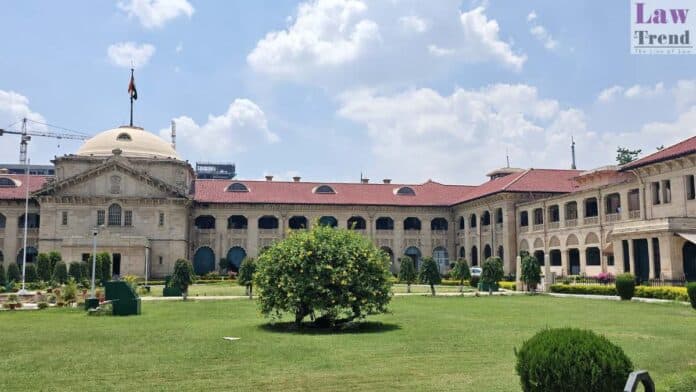In a landmark decision, the Allahabad High Court has ruled that not informing an arrested individual of the reasons for arrest, as mandated under Article 22(1) of the Constitution, constitutes a valid ground for granting bail. This ruling came as the court set aside a remand order dated December 25 by a magistrate in Rampur due to non-compliance with constitutional requirements.
The case involved Manjeet Singh, who was arrested on February 15, 2024, under various sections of the Indian Penal Code concerning cheating, intimidation, and breach of peace. Following his arrest, Singh was presented before a remand magistrate and subsequently sent to judicial custody with a standardized remand order.
Justices Mahesh Chandra Tripathi and Prashant Kumar, presiding over the matter, highlighted the critical nature of informing an arrested person of the arrest grounds. They noted that this requirement is not only a fundamental right but also a procedural safeguard that ensures fairness in the legal process.
The bench emphasized, “The information regarding the grounds of arrest must be communicated effectively and in a language understood by the arrested person, ensuring they are fully aware of the basic facts constituting these grounds.”
During the proceedings, it was revealed that Singh had not been provided with the specific reasons for his arrest at the time it occurred, nor were these reasons detailed in the arrest memo or during the remand. The court found that this oversight violated Article 22(1) and undermined the legitimacy of the subsequent judicial custody order.
As a result, the court ordered Singh’s immediate release and established that such procedural lapses could independently warrant the granting of bail, even when statutory limitations to bail would normally apply.




